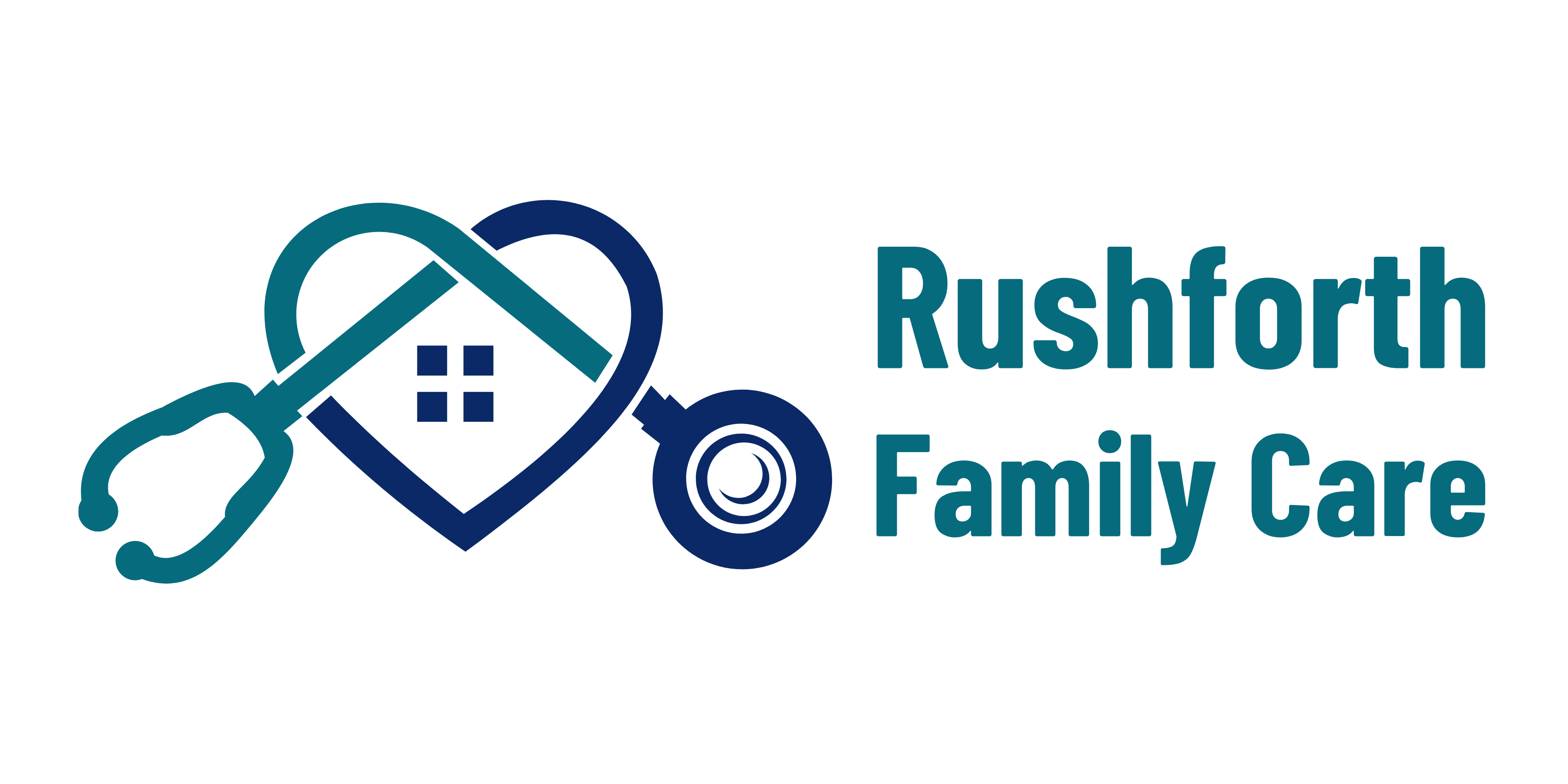According to the American Academy of Pediatrics, “The first three years of life is the most intensive period for speech and language development.” Because speech and language contribute to so many different parts of life, learning, and function, it is vital to introduce reading to children from the beginning of their lives.
What are some ways we’re seeing the effect of childhood illiteracy?
The following stats tell a troubling story:
- 80% of those living below the poverty threshold fail to develop reading proficiency by the end of third grade (AAP)
- 1 in 3 children start kindergarten without the needed language skills to learn to read (AAP)
- By the age of 3 there is a 30 million word gap between children from the wealthiest and poorest families (AAP)
- Approximately 40% of students across the nation cannot read at a basic level (The National Literacy Institute)
- 60% of behavioral problems occur during reading assignments – group or independently (The National Literacy Institute)
Why do we need to improve these stats?
Studies have shown that reading and language skills do not only impact reading in the classroom and life, but also success in other subject areas. For example, a student who struggles to read, will also struggle with a word problem in math, or reading from a textbook for any number of subjects.
Where do we start?
The American Academy of Pediatrics has developed what they call “the ‘5 Rs’ of early education.” Parents should employ the following on a daily basis to help their children develop foundational language skills:
Read together every day with your child
Rhyme, play and cuddle with your child every day
Develop Routines, particularly around meals, sleep, and family fun
Reward your child with praise for successes to build self-esteem and promote positive behavior
Develop a strong and nurturing Relationship with your child as the foundation for their healthy development
Let’s break this down to some easy steps for everyone:
- Make sure you have level-appropriate books in your house for you and your children. If you have grandchildren who visit, it’s great to have a few there for them, too!
- Read at least one book a day with your kids! This can be as simple as a bedtime story or you can set up a designated “reading time” each time when everyone grabs a book and nestles in for some reading.
- Make sure to acknowledge the reading successes your child is experiencing at home and at school! Positive encouragement is key to continued success.
- Visit the library to continue to expand the kinds of books your children are reading! This is a free resource and many libraries have other activities to further engage kids in literacy.
Other Resources:
https://education.uconn.edu/2021/10/20/best-practices-in-early-childhood-literacy/
https://www.pageafterpage.org/early-literacy
https://www.naeyc.org/our-work/families/read-together-support-early-literacy

